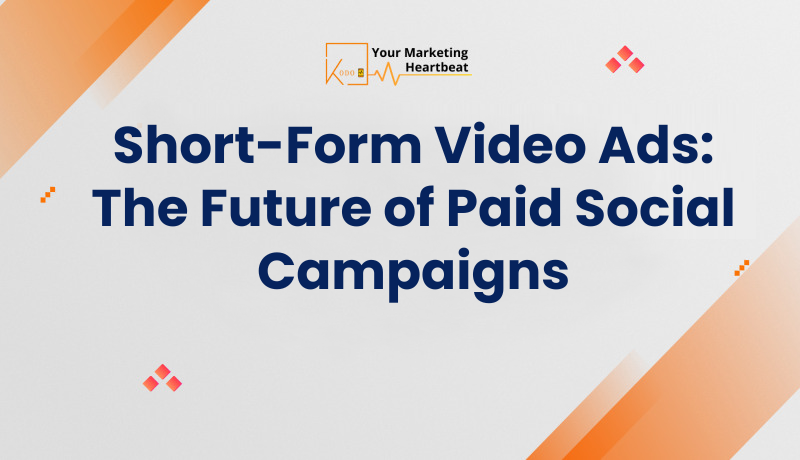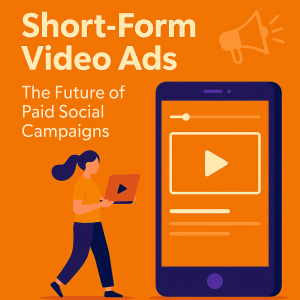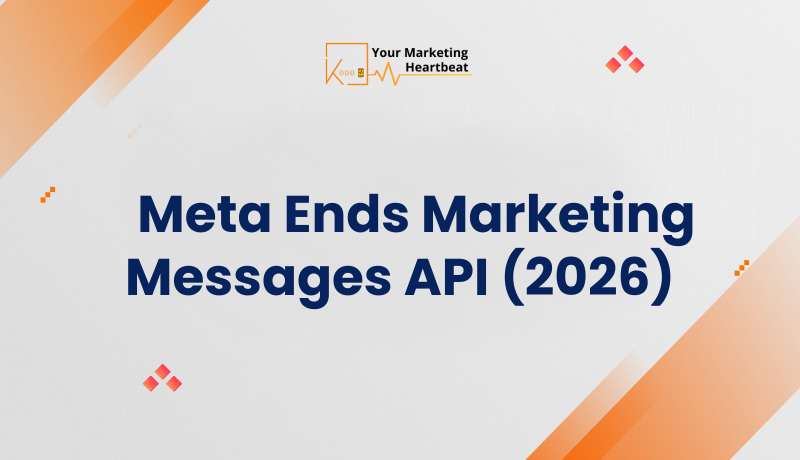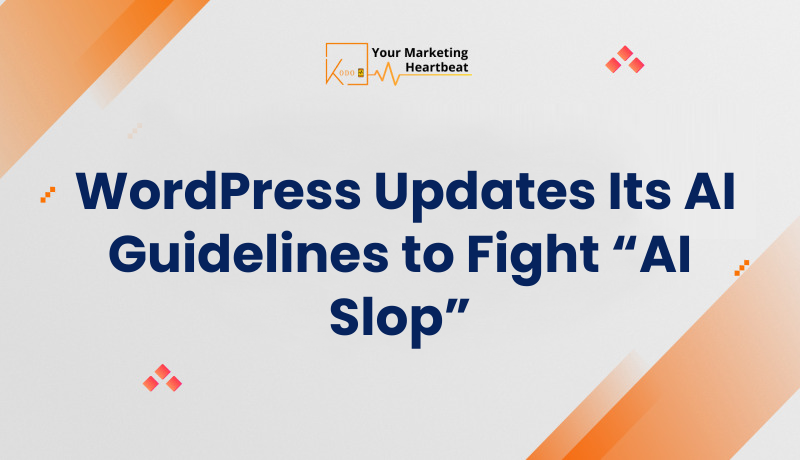
In the ever-evolving landscape of digital marketing, short-form video ads have emerged as a dominant force, reshaping how brands engage with their audiences. As we look toward 2025, it’s clear that platforms like TikTok, Instagram Reels, and YouTube Shorts are not just trends; they are essential components of effective marketing strategies. This article delves into the future of short-form video ads, exploring their significance, strategies for success, and the evolving landscape of paid social campaigns.

Short-form videos, typically ranging from 5 to 90 seconds, have captured the attention of consumers worldwide. With platforms like TikTok boasting over 1.6 billion monthly active users and YouTube Shorts achieving more than 50 billion daily views, it’s evident that this format resonates with audiences. The appeal lies in its ability to deliver quick, engaging content that fits seamlessly into the fast-paced nature of social media consumption.
TikTok has revolutionized the way brands approach video marketing. Its algorithm favors engaging content, allowing even lesser-known creators to achieve viral success. Brands can leverage TikTok ads strategies to tap into trending challenges, user-generated content, and authentic storytelling.
Instagram Reels has quickly become a favorite for brands looking to showcase their products in a visually appealing manner. With features like music integration and augmented reality effects, Reels allows for creative expression that resonates with younger audiences. Brands can utilize Instagram reels ads to create immersive experiences that drive engagement.
YouTube Shorts offers a unique opportunity for brands to reach a vast audience through a platform known for long-form content. By creating compelling short videos, brands can engage viewers who may not typically watch longer videos, thus expanding their reach and influence.
To create impactful short-form video ads, it’s crucial to understand your target audience. What are their preferences? What type of content do they engage with? Conducting thorough audience research can help tailor your messaging and creative approach.
Short-form videos thrive on storytelling. Brands should aim to convey a narrative within the limited time frame. Whether it’s showcasing a product’s benefits or sharing a customer success story, a well-crafted narrative can captivate viewers and encourage them to take action.
In an age where consumers value authenticity, brands must strive to create genuine content. Collaborating with influencers or utilizing user-generated content can enhance credibility and foster a sense of community around your brand.
As technology advances, brands can leverage AI tools to streamline the video production process. From automated editing to AI-generated captions, these tools can enhance efficiency and allow marketers to focus on strategy rather than logistics.
AI can also provide valuable insights into audience behavior and preferences. By analyzing engagement metrics, brands can refine their short-form video strategies, ensuring that content resonates with viewers and drives conversions.
To assess the effectiveness of short-form video ads, brands should establish clear KPIs. Metrics such as engagement rates, click-through rates, and conversion rates can provide insights into campaign performance.
A/B testing allows brands to experiment with different video formats, messaging, and calls to action. By analyzing the results, marketers can optimize their campaigns for maximum impact, ensuring that each ad resonates with the target audience.
As short-form video ads gain traction, the role of influencers will continue to evolve. Micro-influencers, who often have smaller but highly engaged followings, can create authentic connections with niche audiences. Brands should consider partnering with these influencers to amplify their reach and credibility.
With increasing scrutiny on influencer partnerships, brands must prioritize transparency in their collaborations. Clearly disclosing sponsored content and fostering genuine relationships with influencers can enhance trust and drive engagement.
As privacy regulations become more stringent, brands must adapt their strategies to comply with new laws. Relying on first-party data and transparent data collection practices will be essential for effective targeting and personalization in short-form video ads.
With limitations on behavioral targeting, contextual advertising is making a comeback. Brands can place short-form video ads within relevant content, ensuring that their messaging aligns with the viewer’s current interests and needs.
To stand out in a crowded marketplace, brands should invest in dynamic creative strategies. This involves testing various combinations of visuals, messaging, and calls to action to determine what resonates best with the audience.
User-generated content (UGC) can be a powerful tool for short-form video ads. Encouraging customers to share their experiences with your products can create authentic content that resonates with potential buyers.
As we move toward 2025, short-form video ads will continue to play a pivotal role in paid social campaigns. By understanding audience preferences, leveraging technology, and embracing authenticity, brands can create compelling content that drives engagement and conversions. The future is bright for those willing to adapt and innovate in the ever-changing landscape of digital marketing.



April 23, 2024